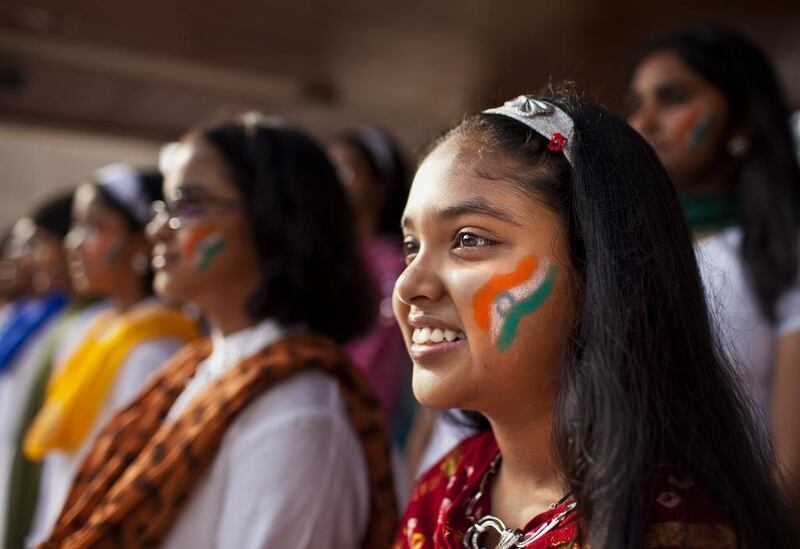The attacks would come in the night. Large crowds carrying torches, axes and swords would descend on homes. We had barricaded the main door of our home with sacks of grain and furniture to block intruders. Women in many families were given poison to swallow in case the men were killed. My wife and sisters kept portions of poison tied perpetually in their dupattas (headscarves) so they could commit suicide in case of abduction.
It was August 1947 in what is now Pakistan. There was the perpetual fear that rioting between various groups could break out at any time. So we kept extra stocks of basic foods like flour, rice, ghee, salt and sugar, in case the markets shut down.
Terrifying rumours floated around of trainloads of refugees being attacked and killed on both sides of the border. There were reports of gunshots in the night in many localities. It was tough to separate fact from fiction. The ambiguity and lack of information compounded our fears. There were stories of entire mohallas (localities) being looted and set on fire. Smoke billowed out from clusters of homes. Most families kept their homes without any light at night, to avoid drawing attention.
When the men in the families were killed by marauding mobs, some women committed suicide by jumping in wells and drowning themselves. They did not want to be taken alive. A relative of ours, Veeran Rai, did just this.
Many young girls were kidnapped and forced into marriages with strangers. A young girl from our town, Kusum, was kidnapped and kept concealed for many months. She was later rescued by the army. A young Indian man married and rehabilitated her.
There were also heroic instances of neighbours helping each other. Many families saved their neighbours by hiding them until they could make their way to India.
Crops rotted in our fields and warehouses. Business in the bazaars had come to a grinding halt. We barely strayed out of the houses, even during the day. We were trying to ascertain what was happening in Delhi and Lahore. There were no phones, so we just had to depend on scraps of information from friends and relations. We did not know how accurate the radio reports were and whether we could believe them. We were frantic to know if the government had any plan to rescue and move us to India.
Throughout August 1947 my brother and I would take turns to keep vigil during the dark turbulent nights. Tension prevailed in our town of Tandalianwala, then in Punjab, India, in the weeks preceding the partition.
We debated joining the refugee exodus to India. My parents insisted on staying put. They hoped that sanity would prevail and we could continue to live in our ancestral home. However, as a precaution, we took the women and children to India to ensure their safety.
My elder brother, Lala Khemchandji, went back with an army convoy to escort our parents to India. But he was late by a few hours. Our home had been attacked the previous night, and he found them both dead.
There was a shortage of firewood for cremations in those dark days. The shops were shut. My brother completed the final rites for my parents using their household furniture as wood for the pyre.
There was an iron safe in my parents’ bedroom. It had been cracked open with an axe. The valuables had disappeared. A solitary ring lay on the floor. It must have fallen and escaped the eye of the safe-breaker.
We had always taken our parents for granted. They were always there. Now, we were alone, without any direction. The emotional trauma was compounded by news of the massive slaughter and bloodshed along the border. My heart was full of grief, but there was no time to grieve. About 20 family members – my brothers, sisters and their children – had to be fed.
Our world had been stable for many decades but collapsed in just one night. We had no money to buy food and clothes or rent a room. We were stranded and depressed. All our homes, offices, fields in Kalarwala, Harappa and Tandalianwala were blown away in the ferocious winds of human rage gusting along the border. Now, we were paupers. We registered as refugees in Amritsar.
There were lights across India on Independence Day, August 15, 1947. But there was gloom among refugees like us at the loss of our parents, relatives and homes. Nevertheless, we were determined to make a new beginning. A new saga had begun.
Hari Chand Aneja came to India as a refugee in 1947. He is now retired from a corporate position, and at the age of 96 he manages a charity





